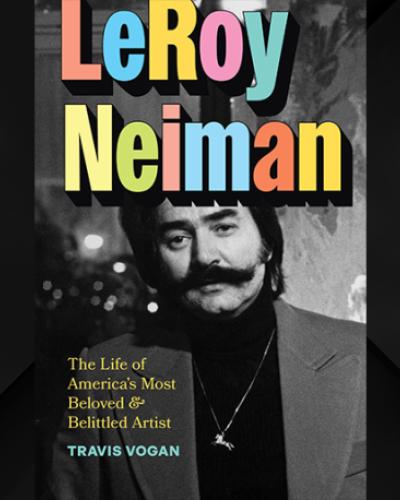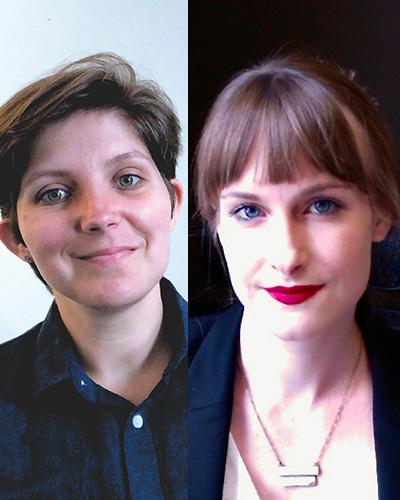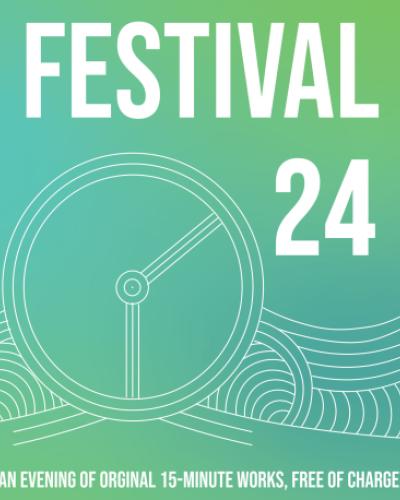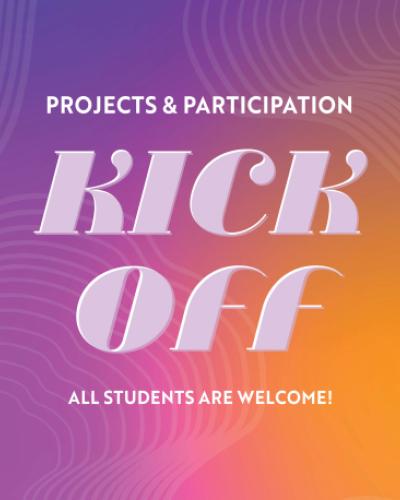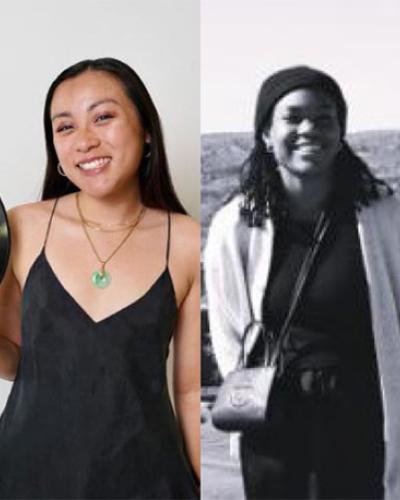Join the Department of Performing and Media Arts for PMAPS Colloquium: Don’t Call it a Comeback, Call it a Renaissance: Hip-Hop and Country Music with Paige Chung and Lauryn Jones. The event will take place on Friday, April 19, at 3:00 PM in Reading Room 124, Schwartz Center for the Performing Arts.
During this presentation, Paige Chung and Lauryn Jones will present broadly about Black music and frame hip-hop and country music in modern time as a renaissance period.
Below Paige Chung and Lauryn Jones discuss their projects:
Paige Chung is a writer and DJ. They currently train in DJ turntablism at the Beat Junkies Institute of Sound and study Performing and Media Arts at Cornell. Their project unravels entanglements of hip-hop and Blackness as a fixed ontological categorical position in the globalization of hip-hop music. In The Black Atlantic, Paul Gilroy poses, “What special analytical problems arise if a style, genre, or particular performance of music is identified as being expressive of the absolute essence of the group that produced it?” along with “What contradictions appear in the transmission and adaptation of this cultural expression by other diaspora populations, and how will they be resolved?” (75). Hip-hop’s origin story proclaims hip-hop as an expression of the absolute essence of Black people. However, as Tricia Rose outlines in The Hip Hop Wars, hip-hop is connotated with perpetuating caricatures of Blackness and causing violence. With hip-hop’s global expansion, hip-hop’s entanglement with Blackness follows. They search through the prolific conceptual framings of Blackness that write about the multiplicity and expansiveness of Blackness, as not one singularity or fixity, but as imagined futurities and constant creations approaching the second part of Gilroy’s question, “as being expressive of the absolute essence of the group that produced it.” (75). Through this unraveling, their aim is to discover the intimacies of hip-hop and Blackness, not as one and the same, but to ask how is Blackness defined and understood in hip-hop? Where is Blackness (mis)aligned in glocalizational expressions of hip-hop? In hip-hop’s radical nonexclusionary politics, a Marquis Beyian parlance, how does the leadership and contributions by other diasporic people change the understanding of Black people and Blackness? How does hip-hop grow as more diasporic peoples contribute and take on leadership? How does Blackness in hip-hop include everyone while maintaining a respect and honor for hip-hop’s origin stories? Read their full bio here.
Lauryn Jones is a Ph.D. student in Cornell's Department of Literatures in English. Her project, tentatively titled “Reappropriating Country Music,” seeks to analyze the Black American community’s relationship with the country music industry and country-western aesthetic practices. The project plans to provide a brief historical overview of Black country music and aesthetics, paying particular focus to the modern-day banjo which, once brought to the Americas via the Trans-Atlantic slave trade, birthed the Black musical practices that aided in the musical evolution of the country music genre. Looking at the work of musical artists, Charley Crockett, Tanner Adell, Lil Nas X, and Beyoncé as case studies, this project aims to examine the recent rise of Black-American representation in mainstream country music and the trend’s implications as they pertain to American popular culture more broadly. Read her full bio here.
This colloquium is organized by the Performance and Media Arts Presentation (PMAPS) series.
Inaugurated in Fall 2021, PMAPS is the latest iteration of a colloquium series within the Department of Performing and Media Arts. Its greatest vision lies in offering graduate students a space to present their work to students, faculty, and professionals of similar fields and interests. The content of its presentations ranges from media studies to dance, and such diverse nature has earned the attention of related communities both within and outside Ithaca, NY.
Moreover, PMAPS has functioned as a crucial catalyst to creative expression and career development in the Department of Performing and Media Arts. Its events provide an opportunity for individuals of all professional stages to engage in discussions of the presented work and unlock a sense of community that introduces students to a supportive network of like-minded individuals.

